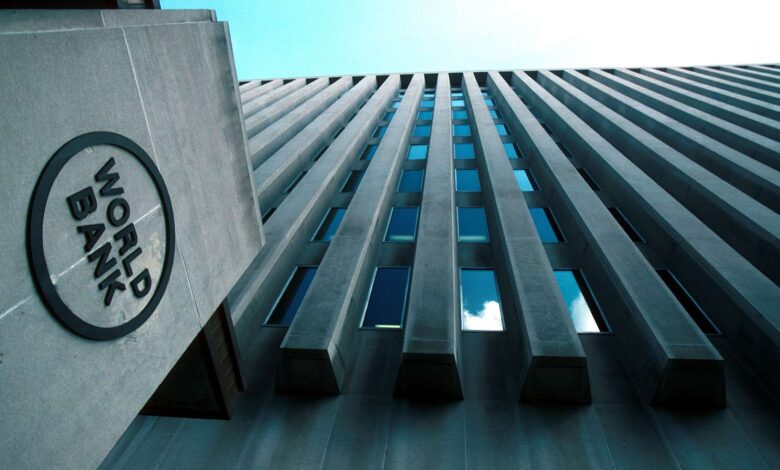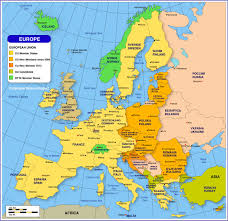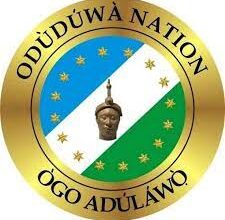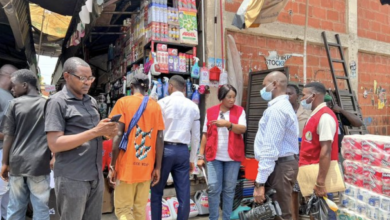
By Ologeh Joseph Chibu
The World Bank has approved three new loans, amounting to $1.57 billion.
The loans are to suppor Nigeria in critical sectors like climate Change, healthcare and education
The report was received by Irohinoodua on Monday.
The World Bank says the loans will also boost human capital by enhancing healthcare services for women, children, and adolescents.
The loan will also address Nigeria’s growing vulnerability to climate change through improved dam safety and irrigation infrastructure.
Authorities say a key focus of the funding is on strengthening Nigeria’s healthcare and education systems.
The World Bank highlighted that $570 million of the funds would go toward the Primary Healthcare Provision Strengthening Programme (HOPE-PHC), aimed at improving access to essential health services across the country. This initiative will particularly benefit underserved populations and help address systemic health challenges, such as maternal and child mortality. Additionally, $500 million will be directed toward the HOPE-GOV Programme, which is designed to address governance weaknesses in Nigeria’s public systems. The goal is to remove bottlenecks that constrain the delivery of education and healthcare services, two sectors deemed essential for improving the country’s human capital outcomes.
The statement also revealed that $500 million has been allocated to the Sustainable Power and Irrigation for Nigeria Project (SPIN), which will focus on upgrading dam safety and enhancing the management of water resources for hydropower and irrigation. This is particularly crucial as Nigeria has been grappling with the increasing frequency of floods and droughts, events that are expected to intensify due to climate change. Better water management is seen as vital for ensuring the country’s agricultural productivity and energy supply, both of which are vulnerable to extreme weather events.
The SPIN project also aims to expand the potential for renewable energy generation, as improving dam infrastructure is key to bolstering hydropower production. With the looming threat of climate change, Nigeria’s economy, particularly the agricultural and energy sectors, stands to benefit from enhanced resilience against climate-induced disruptions.
“The HOPE-GOV and HOPE-PHC programmes will support the Nigerian government’s efforts to improve service delivery in education and healthcare, two critical sectors for fostering long-term human capital development,” the World Bank noted in its statement.
This approval underscores the international lender’s ongoing commitment to Nigeria, a country that has seen significant economic and demographic shifts in recent years. The latest financing package reflects the World Bank’s broader strategy to not only promote immediate socio-economic growth but also ensure long-term sustainability by addressing climate vulnerabilities. As Nigeria continues to face both internal challenges, such as governance inefficiencies, and external threats like climate change, this loan package is seen as a strategic effort to help the country navigate its path toward sustainable development.





